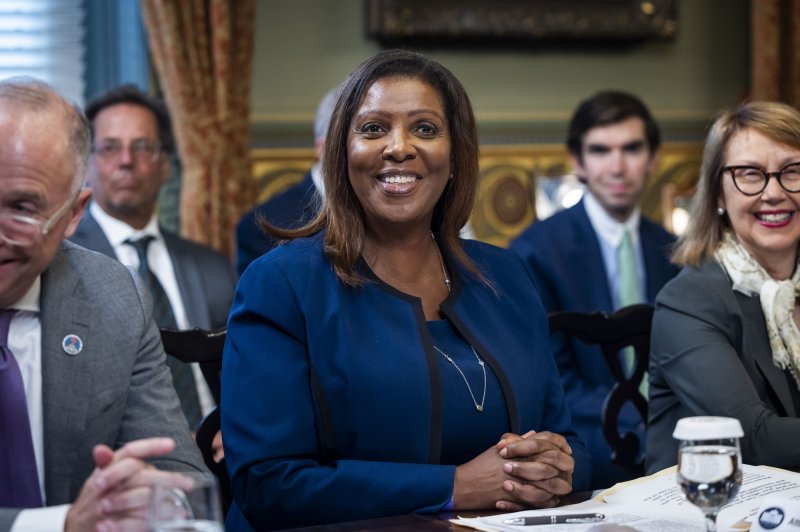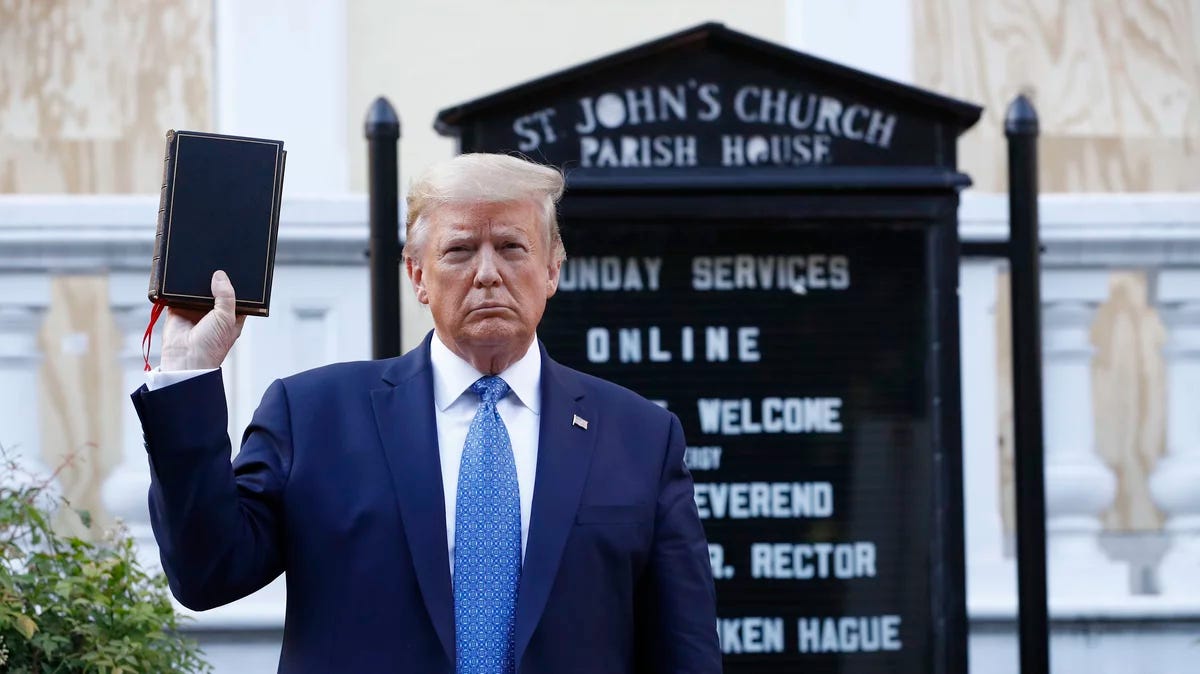Controversial South African politician and traditional minister of South Africa’s large Zulu ethnic group, Prince Mangosuthu Buthelezi, in traditional dress March 26, 2009. Buthelezi has died at the age of 95, South African President Cyril Ramaphosa announced on Saturday, Sept. 9, 2023..
(AP Photo/File)Photos
According to Ramaphosa, arrangements for his mourning and funeral will be announced after consultations with the Zulu royal family.
“Prince Mangosuthu Buthelezi has been an outstanding leader in the political and cultural life of our nation, including the ebbs and flows of our liberation struggle, the transition which secured our freedom in 1994 and our democratic dispensation,” said Ramaphosa.
Buthelezi was part of the late Nelson Mandela’s first cabinet when the latter became South Africa’s first democratically elected president in 1994.
Mandela appointed him as a minister of home affairs, a position he continued to hold in the second administration of former president Thabo Mbeki.
His legacy has remained a contested one due to the role he played during South Africa’s apartheid era, including heading the administrative region of Zululand, a part of the “homelands” regions that were the cornerstone of the apartheid government’s policy of separate development.
His party was also blamed for the pre-election violence that engulfed the country and the province of Kwa-Zulu Natal before the country’s historic 1994 elections.
Now known as KwaZulu-Natal province, the region was one of the 10 “homelands” created by the white-minority government meant to group Black South Africans according to their ethnicity in the country’s mostly rural areas.
These were meant to keep the apartheid system intact by installing so-called “puppet leaders” leading to Buthelezi being labeled a sell-out by liberation movements like the ruling African National Congress at the time.
A former member of the ANC Youth League, in 1975 he formed what was later to be known as the Inkatha Freedom Party, an outfit founded on an ideology of Zulu nationalism which he initially aligned to the African National Congress but later got involved in violent clashes with ANC supporters in the 1980s and early 1990s.
The violence that erupted between Inkatha and the ANC in the 1980s and early 1990s remains one of the bloodiest in South African history and a dent in Buthelezi’s political career. Many were killed in the clashes which took place in the then Zululand and later spread to areas including the Transvaal, now the Gauteng province.
These culminated in what got to be known as the Shell House Massacre in 1994.
Nineteen IFP supporters were shot and killed by ANC security guards after nearly 20,000 of them marched to Shell House in Johannesburg, which was then the headquarters of the ANC, banned in 1990.
They were opposing the upcoming elections and accused the ANC of undermining Zulu leaders and chiefs.
In the early 1990s, leaders of the apartheid government admitted to funding the Inkatha Freedom Party as they sought to destabilize the struggle against apartheid and what was increasingly looking like a road to the end of white minority rule
Buthelezi opposed apartheid but his stance on controversial issues regarding the oppressive system put him at odds with ANC leaders.
This included his opposition to international sanctions against apartheid and his support for free markets at a time when most liberation movements were largely socialist and African nationalists.
His leadership of the Zululand administration was considered a betrayal to Black South Africans as the “homelands” system was an integral part of the apartheid machinery.
With the growth and significance of his IFP party, Buthelezi wanted his party to play a bigger role during the negotiations for a peaceful transition to democracy, but he withdrew from the negotiations and threatened to boycott the historic 1994 elections after his proposals, including the autonomy of the Zululand region, were rejected.
However, he agreed to participate in the elections about a week before they were held, winning 10% of the national vote and forming part of Mandela’s coalition government which also included the National Party.
He remained a lawmaker in South Africa’s Parliament from 1994 until his death and the leader of the Inkatha Freedom Party until he was replaced at its national conference in 2019.
Throughout his political career, Buthelezi remained deeply involved in the affairs of the Zulu nation, serving as a traditional prime minister and advisor to the late King Goodwill Zwelithini and his successor, his son King Misuzulu KaZwelithini.
In 2022, he oversaw the installation of Misuzulu as the new king of the Zulu nation amid fierce, internal disputes within the Zulu royal family about who was the rightful heir to the throne.
During his last days, it had become apparent that the two had fallen out, with a sickly Buthelezi questioning the new king.
Buthelezi turned 95 last month.
BY MOGOMOTSI MAGOME
September 9, 2023
September 9, 2023
JOHANNESBURG (AP) — Controversial South African politician and traditional minister of the Zulu ethnic group Prince Mangosuthu Buthelezi has died at the age of 95, South African president Cyril Ramaphosa announced on Saturday.
Buthelezi founded the Inkatha Freedom Party, the third largest political party in South Africa when the country transitioned from the racist apartheid system to a democratic one in 1994.
He was admitted to hospital in July following a failed medical procedure to ease his back pain, his family said at the time.
“Prince Buthelezi, who served as the democratic South Africa’s first Minister of Home Affairs, passed away in the early hours of today, Saturday, 9 September 2023, just two weeks after the celebration of his 95th birthday,” Ramaphosa said in a statement on Saturday.
Buthelezi founded the Inkatha Freedom Party, the third largest political party in South Africa when the country transitioned from the racist apartheid system to a democratic one in 1994.
He was admitted to hospital in July following a failed medical procedure to ease his back pain, his family said at the time.
“Prince Buthelezi, who served as the democratic South Africa’s first Minister of Home Affairs, passed away in the early hours of today, Saturday, 9 September 2023, just two weeks after the celebration of his 95th birthday,” Ramaphosa said in a statement on Saturday.
According to Ramaphosa, arrangements for his mourning and funeral will be announced after consultations with the Zulu royal family.
“Prince Mangosuthu Buthelezi has been an outstanding leader in the political and cultural life of our nation, including the ebbs and flows of our liberation struggle, the transition which secured our freedom in 1994 and our democratic dispensation,” said Ramaphosa.
Buthelezi was part of the late Nelson Mandela’s first cabinet when the latter became South Africa’s first democratically elected president in 1994.
Mandela appointed him as a minister of home affairs, a position he continued to hold in the second administration of former president Thabo Mbeki.
His legacy has remained a contested one due to the role he played during South Africa’s apartheid era, including heading the administrative region of Zululand, a part of the “homelands” regions that were the cornerstone of the apartheid government’s policy of separate development.
His party was also blamed for the pre-election violence that engulfed the country and the province of Kwa-Zulu Natal before the country’s historic 1994 elections.
Now known as KwaZulu-Natal province, the region was one of the 10 “homelands” created by the white-minority government meant to group Black South Africans according to their ethnicity in the country’s mostly rural areas.
These were meant to keep the apartheid system intact by installing so-called “puppet leaders” leading to Buthelezi being labeled a sell-out by liberation movements like the ruling African National Congress at the time.
A former member of the ANC Youth League, in 1975 he formed what was later to be known as the Inkatha Freedom Party, an outfit founded on an ideology of Zulu nationalism which he initially aligned to the African National Congress but later got involved in violent clashes with ANC supporters in the 1980s and early 1990s.
The violence that erupted between Inkatha and the ANC in the 1980s and early 1990s remains one of the bloodiest in South African history and a dent in Buthelezi’s political career. Many were killed in the clashes which took place in the then Zululand and later spread to areas including the Transvaal, now the Gauteng province.
These culminated in what got to be known as the Shell House Massacre in 1994.
Nineteen IFP supporters were shot and killed by ANC security guards after nearly 20,000 of them marched to Shell House in Johannesburg, which was then the headquarters of the ANC, banned in 1990.
They were opposing the upcoming elections and accused the ANC of undermining Zulu leaders and chiefs.
In the early 1990s, leaders of the apartheid government admitted to funding the Inkatha Freedom Party as they sought to destabilize the struggle against apartheid and what was increasingly looking like a road to the end of white minority rule
Buthelezi opposed apartheid but his stance on controversial issues regarding the oppressive system put him at odds with ANC leaders.
This included his opposition to international sanctions against apartheid and his support for free markets at a time when most liberation movements were largely socialist and African nationalists.
His leadership of the Zululand administration was considered a betrayal to Black South Africans as the “homelands” system was an integral part of the apartheid machinery.
With the growth and significance of his IFP party, Buthelezi wanted his party to play a bigger role during the negotiations for a peaceful transition to democracy, but he withdrew from the negotiations and threatened to boycott the historic 1994 elections after his proposals, including the autonomy of the Zululand region, were rejected.
However, he agreed to participate in the elections about a week before they were held, winning 10% of the national vote and forming part of Mandela’s coalition government which also included the National Party.
He remained a lawmaker in South Africa’s Parliament from 1994 until his death and the leader of the Inkatha Freedom Party until he was replaced at its national conference in 2019.
Throughout his political career, Buthelezi remained deeply involved in the affairs of the Zulu nation, serving as a traditional prime minister and advisor to the late King Goodwill Zwelithini and his successor, his son King Misuzulu KaZwelithini.
In 2022, he oversaw the installation of Misuzulu as the new king of the Zulu nation amid fierce, internal disputes within the Zulu royal family about who was the rightful heir to the throne.
During his last days, it had become apparent that the two had fallen out, with a sickly Buthelezi questioning the new king.
Buthelezi turned 95 last month.












